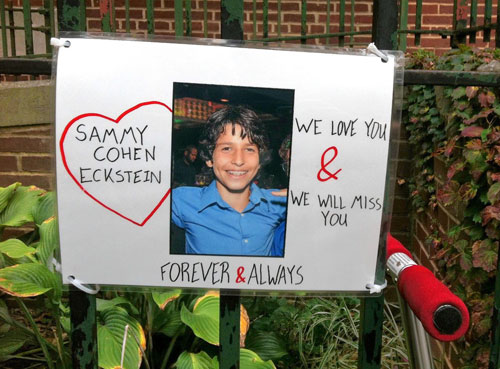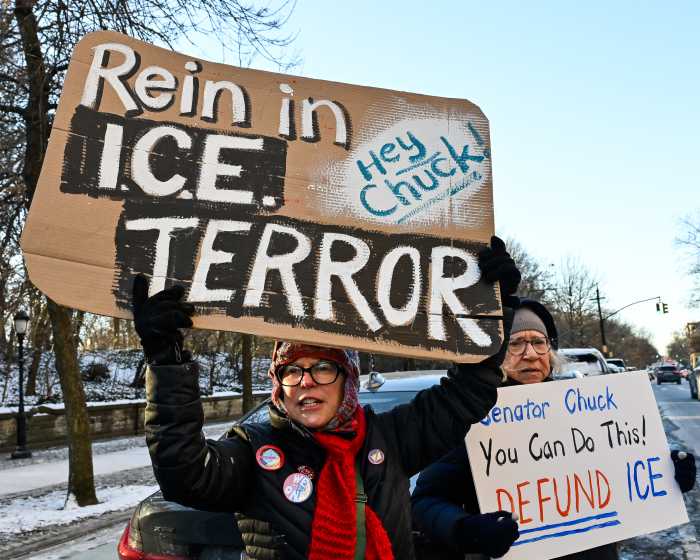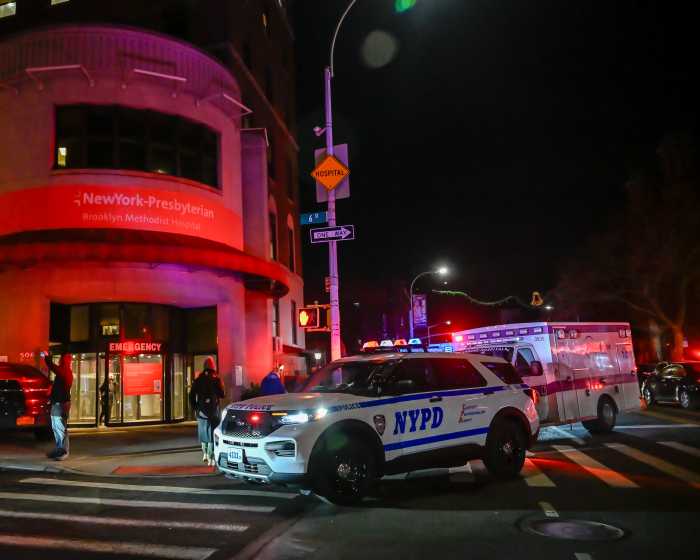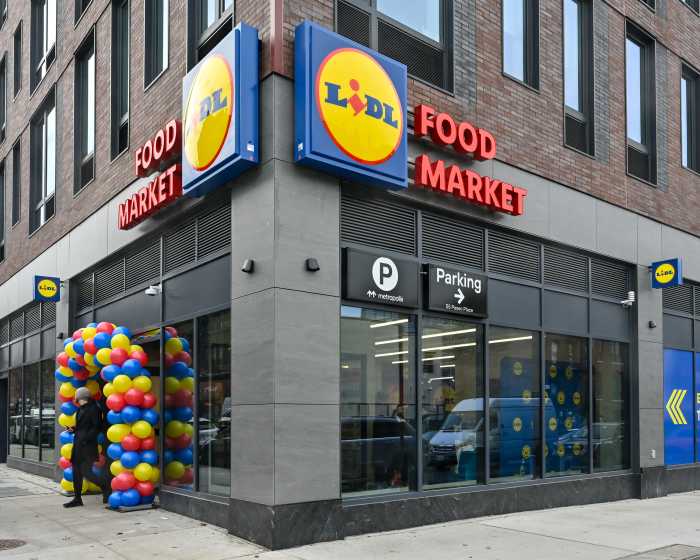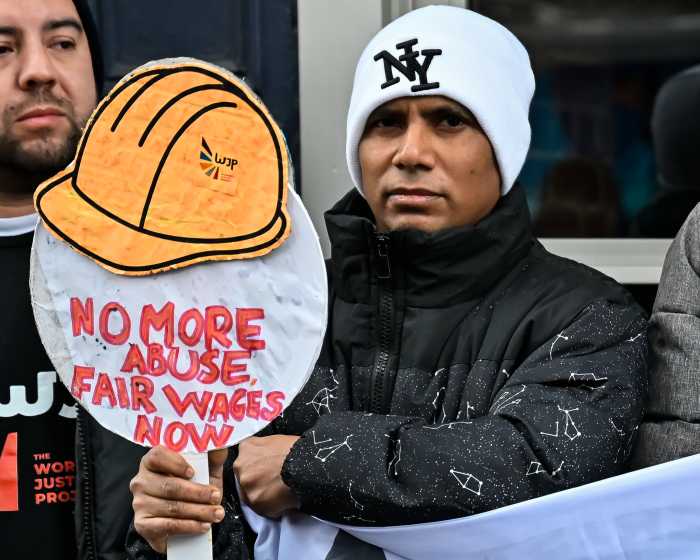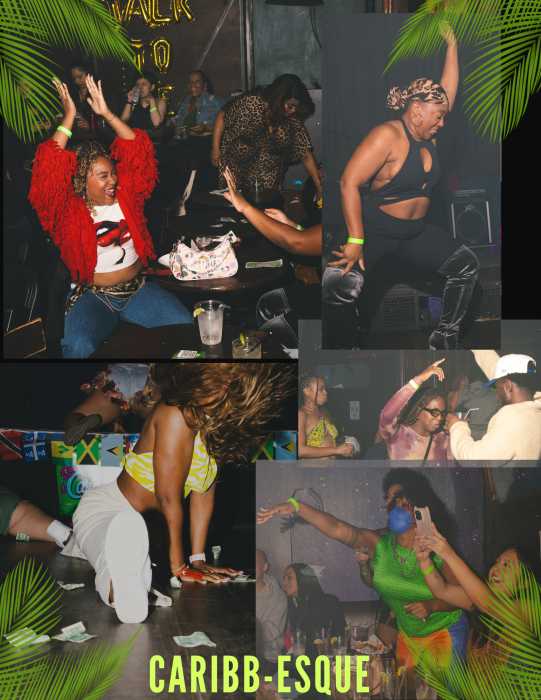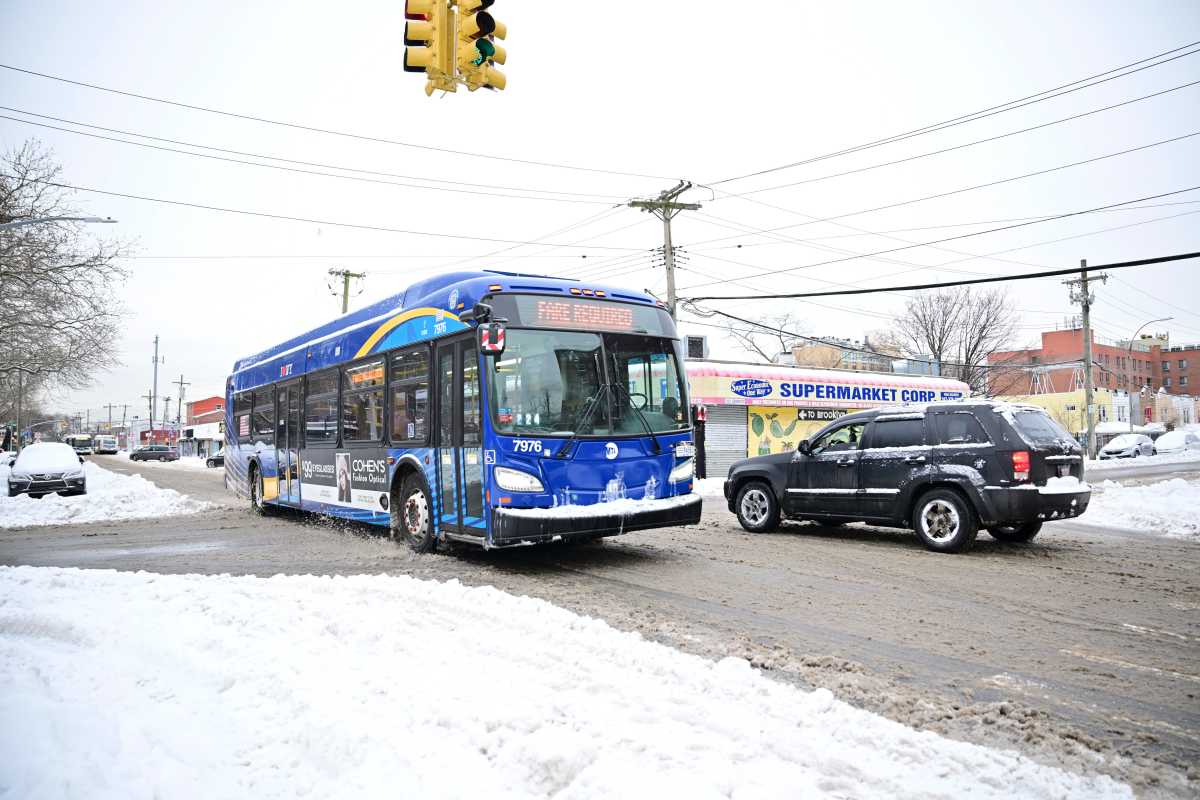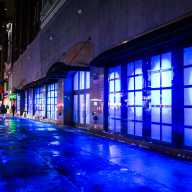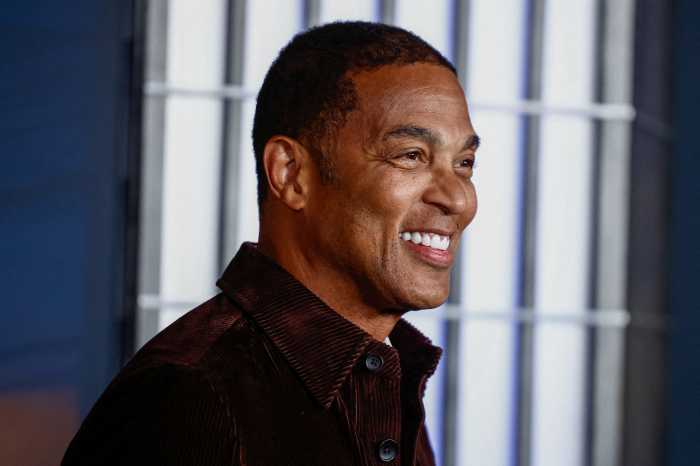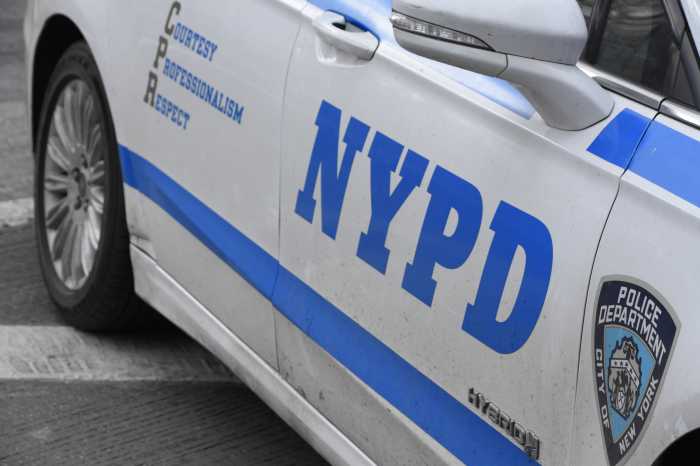The grieving parents of a 12-year-old boy struck and killed by a car in Park Slope last month spoke tearfully before the City Council last Thursday morning, in the hope that their testimony might prevent their tragedy from befalling others.
The family of Samuel Cohen-Eckstein testified Oct. 31 at a Transportation Committee hearing to persuade the legislators to pass a bill mandating a 20-mph speed limit on most residential streets throughout the city.
“The proposed legislation before this committee, to impose a 20-mile-per-hour speed limit in all residential neighborhoods in the city, cannot bring our beloved Sammy back,” said Amy Cohen, who’s son was killed by a van on Prospect Park West on Oct. 9. “But it would surely ensure that other families do not suffer as we have, and that more lives are not needlessly cut short.”
The Safe Streets Act, which David Greenfield submitted to the Council in 2011, would establish 20-mph speed limits on all residential streets less than 60-feet wide.
If enacted, New York City would join other major international in setting a lower speed limit for motorists — including Paris, Tokyo, and London, which passed a similar measure in September, according to Transportation Alternatives, which claims that a lower speed limit would help make New Yorkers safer on their neighborhood streets.
“Around the world, it’s been proven that lower speed limits save lives,” testified Paul White, executive director of the organization, who joined Cohen, her husband Gary Eckstein, and their daughter Tamar to speak in support of the legislation.
“Studies show that a one-mile-per-hour reduction in average speed on pedestrian-dense urban streets with low average speeds will lead to a six-percent decrease in traffic crashes,” said White. “And New York is home to the most dense urban streets in the country.”
More than 1,200 New Yorkers were injured in traffic crashes every week, 58 people lost a limb or suffered other life-altering injuries, and five city residents were killed by cars each week last year, according to a Transportation Alternatives spokesman.
After their son’s death Cohen and Eckstein asked that donations be made in Samuel’s name to Transportation Alternatives.
Alan Bortnick, a decade-long member of Community Board 10, who is frequently critical of the Department of Transportation’s various traffic calming measures, said he would be just fine with Greenfield’s bill if it only affected roadways that were 30-feet-wide or less, but bluntly stated that the bill, as written, would effectively grind city traffic to a halt.
“He’s out of his cotton-picking mind,” said Bortnick of Greenfield. “If he wants to limit this to 27 and 30-foot-wide streets, I’m in agreement with him. But 60 feet wide, those streets are generally main arteries. You would create such a slowdown in traffic that it would become physically impossible to get anywhere in the city.”
With city street lanes ranging from 9 to 16-feet wide, Greenfield’s bill could potentially affect all “residential” roads between having anywhere from two to six lanes.
The Cohen-Ecksteins support the bill, but acknowledged that the Safe Street Act is by itself would change little without the support of the mayor and, in particular, the NYPD, which they said had a poor record for citing speedsters in their local precinct.
“To be effective, the reduced speed limit would require enforcement,” said Cohen. “That would involve a commitment by the mayor and the NYPD to prioritize enforcement of traffic safety. Shockingly, there were no citations for speeding in September for the precinct where we live.”



